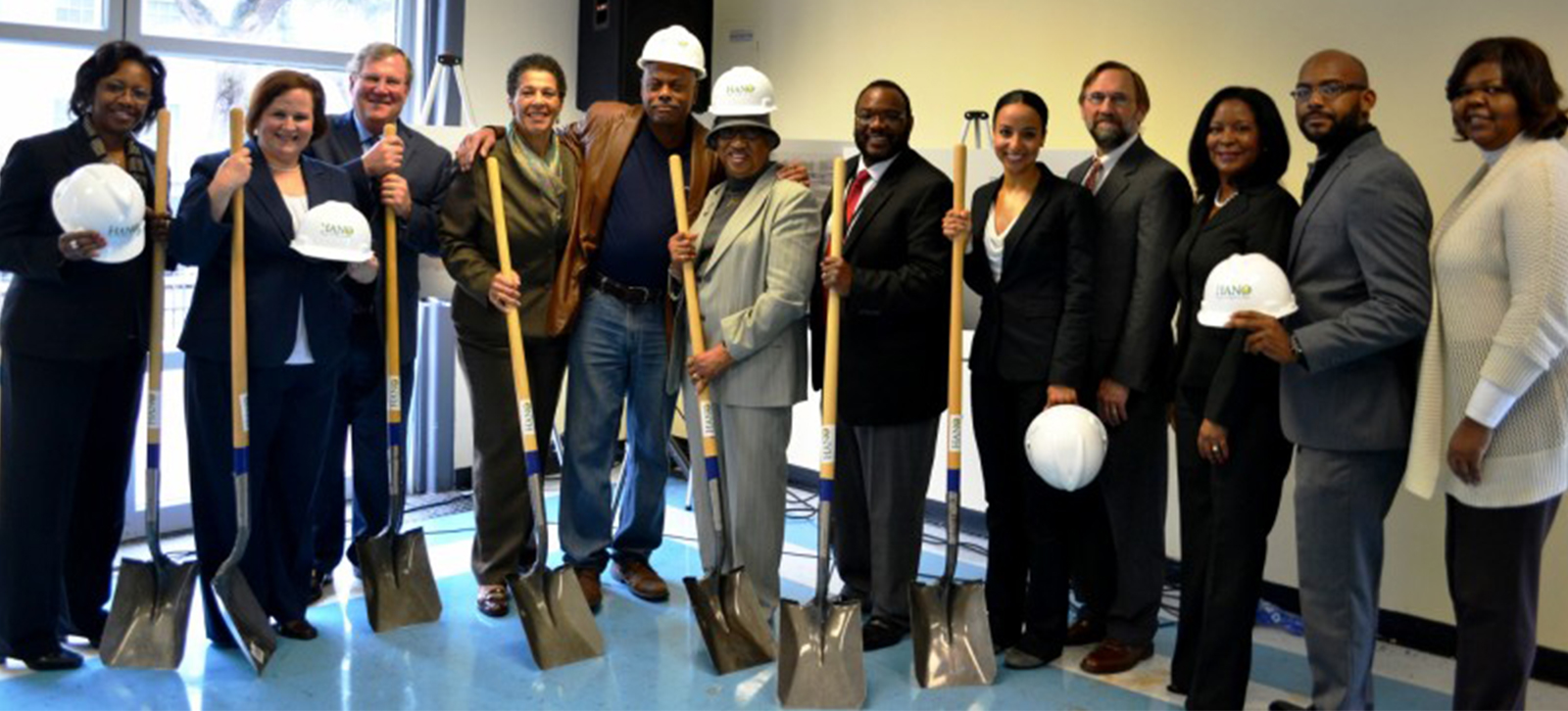Providence CEO reflects on 15 year anniversary of Hurricane Katrina

It’s been 15 years since our city was shattered and laid bare, our lives turned upside down. The destruction that Hurricane Katrina left in her wake was devastating to our city and her people. But we bounced back, like we always do, and we rebounded with more resilience and determination. Since those days we have pulled together and risen above the flood waters. We’ve brought back our city, rebuilt entire neighborhoods, and with the heart of an entrepreneur, created new life out of the muck and ruin.
This week we once again found ourselves following the local meteorologists and tuning in to their updates, holding bated breath with an eye on the Gulf. I was reminded all too well of those days just after the storm when it didn’t seem that I could put one foot in front of the other. And I get the same feeling now. Only this time, there is a new lens we’re looking at our work through. The devastation of Southwest Louisiana is heartbreaking. There will be much work all of us can and should do to help our neighbors to the west. Seeing this destruction strengthens my commitment to Providence’s mission.
People of means will always be able to be resilient and mobile when faced with disaster. It is those who have the least who always lose the most. The individuals, seniors, and families Providence endeavors to provide homes for are always the most vulnerable to natural and economic disasters. It is our mission to provide the stability and comfort of home to people who don’t have the resources at hand to bounce back from such tragic circumstances. The shortage of affordable housing and struggle families face to make ends meet in Louisiana are crises that have not ended between natural disasters. The added strain of the COVID pandemic makes things much more difficult.
Over the last 15 years those who have called New Orleans home, and many more who care about our special community, have worked hard to return the heartbeat back to this city. We have made progress, but our neighborhoods are a stark reflection of the systems of inequity still present today. Some neighborhoods rebounded fast and furious after the storm, bolstered by strong federal aid. Those were followed by the slow trickle of neighborhoods that were rebuilt and redeveloped on the sweat equity of community leaders and neighborhood organizations. Then there are the neighborhoods that, to this day, are still tattered and torn, strong and resilient, but lacking the access to investment and resources of the surrounding neighborhoods. The same story rings true for our city’s residents as well. Access to opportunities have been afforded to some, but not all.
As we approach the 15-year anniversary of Hurricane Katrina, and we each, in our own way, pause to reflect and acknowledge the losses and obstacles so many have endured, we ask ourselves, what does the future hold and how do we make New Orleans inclusive for all? No one has quick answers to problems that have been centuries in the making, but I do know that Providence will be part of the solution.


